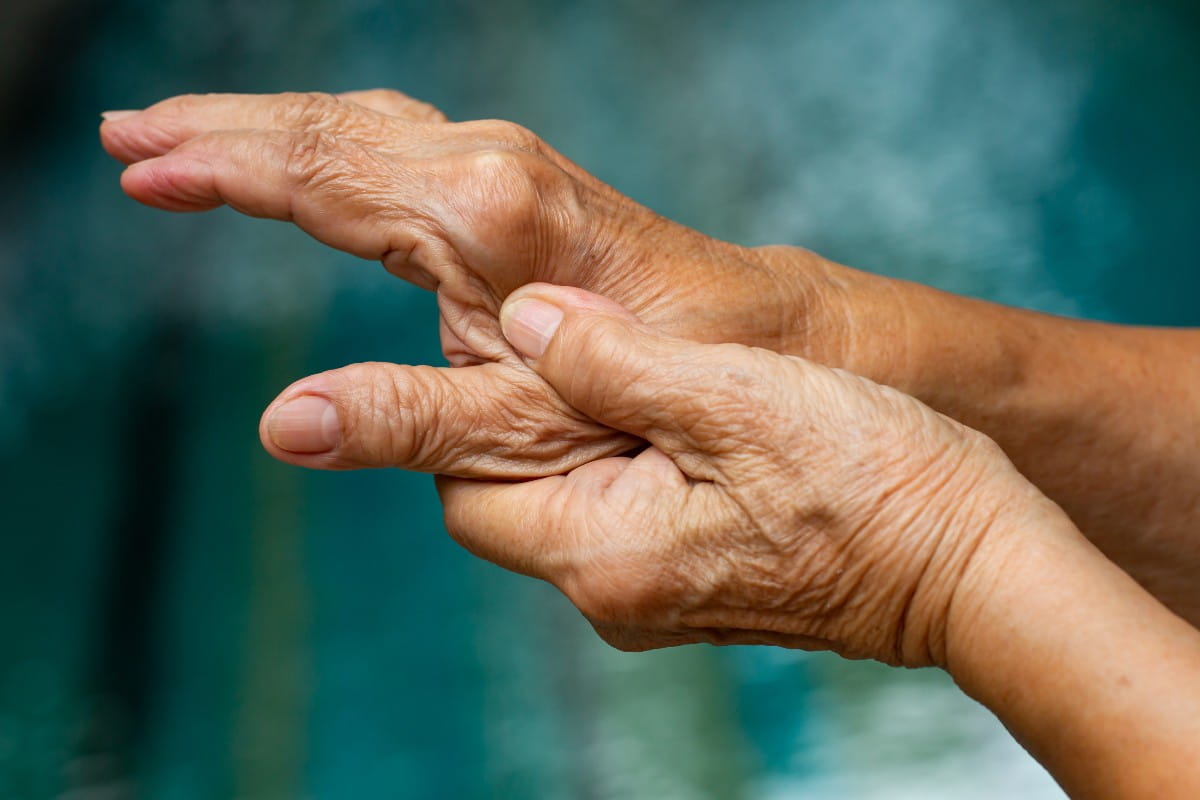It can be heartbreaking to watch someone you love struggle with addiction. You want, more than anything, to simply help them break free from substance use disorder once and for all.
But breaking a cycle of addiction can take time. For many people in recovery, the journey out of addiction can be riddled with challenges and setbacks. With continued love and patience, you can be a critical support to your loved one as they navigate a path toward a healthier, sober future.
“Families and friends of people recovering from addiction play a critical role in their recovery,” says Bianca Munce, LPC, CSA, MBA, Director of Outpatient and Addiction Services at Riverside Mental Health & Recovery Center. “Without proper support and encouragement at home, it’s very difficult for patients to put into practice the positive steps they learn in recovery programs.”
Not sure how best to support your loved one as they recover from addiction? Here are a few tips.
What to do
- Listening. You want your loved one to be comfortable sharing their feelings – both positive and negative – about their recovery journey.
- Modeling good behavior. If you know your friend or family member is trying to abstain from alcohol, don’t offer them a drink or drink around them. The same is true for illicit drugs.
- Creating new, healthy ways to spend time together. Sometimes addiction is rooted in bad habits, or it can stem from an attempt to cope with stress or other emotional triggers. Help your loved one build a new toolkit of positive coping strategies. Offer to exercise together, create a regular Sunday evening dinner date, or spend time fishing or antiquing (or another favorite hobby) together.
- Being patient. Few paths toward sobriety are fast or without setbacks. Understand that your loved one may experience relapses in their substance use along their journey. Try to stay positive and supportive as they navigate their addiction recovery process – no matter how long it may take.
- Taking care of yourself. Caring for someone dealing with addiction is exhausting – both mentally and physically. Make a habit of setting aside time for your own self-care so that you can continue to feel rested and recharged. If it helps, seek out support through groups for families of people dealing with addiction, such as Families Anonymous or SMART Recovery Families & Friends.
What not to do
Try to avoid:
- Placing blame. Most people dealing with addiction already feel deep guilt and shame for letting themselves and others down. They are aware that their actions have negatively impacted everyone they love. You don’t need to remind them of the ways they’ve messed up; they already know. Try to focus instead on the future and the positives ahead as recovery happens.
- Using judgmental language. Don’t call your loved one an “addict.” Instead, refer to them as someone in substance use recovery or someone who is recovering from addiction. It may sound like a simple change, but labels matter – and you want your loved one to feel like they’re being seen, first and foremost, as a person, not a problem.
- Doubting their ability to recover. If your loved one has tried, but failed, to recover from addiction before, do not suggest that future efforts will also end in failure. If you don’t believe in their ability to take recovery seriously this time, then how can they? Remember, it’s your role to be your loved one’s primary encourager as they navigate a new, sober lifestyle.
- Nagging. You might feel compelled to check in on your loved on almost obsessively, to try to ensure they’re not falling back into negative substance use cycles. But if you don’t give your loved one enough space to make positive choices on their own, they’ll never learn how.
- Comparing them to others. It can be easy to fall into patterns of mentioning the successes of others – say, siblings or your loved one’s former high school friends – to try to point out where they “could be” in their lives, in terms of job or family success, if they hadn’t suffered from addiction. Try to avoid these comparisons, as they could make your loved one feel worse, not better. Instead, focus on acknowledging and complimenting your friend or family member’s own unique milestones in recovery – even if they are small steps at first.
“Patients in addiction recovery depend on their family and friends as a critical support system,” says Bianca. “Recovering from addiction can be incredibly challenging, but when a patient has the support of people who love them, it makes their journey to sobriety much more possible.”
Do you know someone struggling with addiction who is ready to get help? Encourage them to request an appointment with a specialist at Riverside Mental Health & Recovery Center today. Our professional counselors, therapists and physicians are here to support them on a path toward a sober future.



